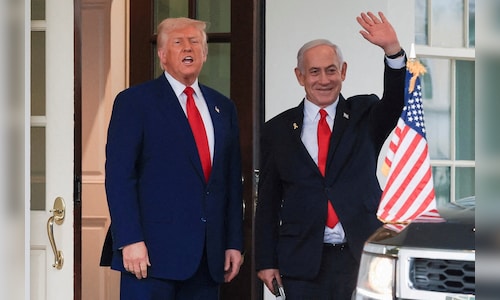Officials from Gulf nations and their top diplomats have been communicating throughout the weekend, engaging with each other, Tehran, Washington, and beyond in a bid to avert an escalation of the ongoing conflict between Israel and Iran.
Iran is prepared to show flexibility in the nuclear discussions if a ceasefire is established, one Iranian source indicated.
The Gulf states are significantly worried that the conflict could spiral out of control, as noted by a Gulf source with close ties to government officials, according to Reuters.
Qatar, Oman, and Saudi Arabia have all reached out to Washington, urging it to persuade Israel to agree to a ceasefire and to restart discussions with Tehran regarding a nuclear agreement, the Gulf source added.
A regional source and an official informed about Iran’s communications with the Gulf revealed that Tehran had contacted Qatar and Oman to facilitate a return to nuclear talks, insisting that a ceasefire with Israel be established first.
Iran has made it clear to Oman and Qatar that it will not enter negotiations while under attack and will only engage in serious discussions once it has concluded its responses to Israeli strikes, the official stated.
The Iranian foreign ministry was unavailable immediately to respond to Reuters’ request for comment. Qatar’s foreign ministry, Oman’s ministry of information, Saudi Arabia’s international media office, the White House, and the U.S. State Department did not provide immediate comments.
Israeli Prime Minister Benjamin Netanyahu’s office also did not respond to a request for comment.
When questioned about the potential for a diplomatic mechanism to end the conflict, Israeli National Security Adviser Tzachi Hanegbi stated on Army Radio on Monday: “It is a bit too early for that. One does not go to war and expect to end it three days later.”



